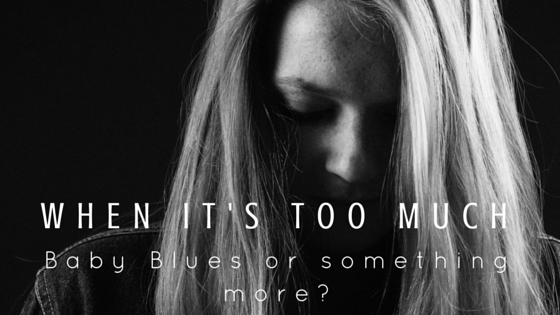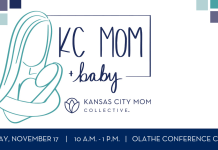One of the most searched terms on Google relating to the postpartum period is “Postpartum Depression.” Taking the time to understand this condition can help you encourage yourself or your friends to get help instead of suffering.
What is Postpartum Depression?
It is characterized by long lasting and extreme feelings of sadness, hopelessness following the birth of a child. The mother may experience mood swings, irritability, loss of appetite, trouble bonding with baby, trouble sleeping and even thoughts of harming herself or her baby. Postpartum Depression can surface up to a year postpartum.
Postpartum Depression vs. Baby Blues
The “baby blues” occur in a vast majority of women immediately following birth. Baby blues are generally characterized by mood swings and crying spells that fade fairly quickly. If you’re feeling a little crazy after birth, it’s OK. Most of us feel that way. The sudden drop of estrogen and progesterone leave our bodies scrambling. This combined with the adjustment to caring for a newborn during the night is a recipe for some problems.
Postpartum Psychosis
This is a very rare postpartum psychological issue. Symptoms include hallucinations, confusion, disorientation, paranoia and thoughts or attempts by the mother to harm herself or her baby.
When Should I Call My Doctor or Midwife?
If a mother, her partner, her doula or anyone close to her feel she is at risk for postpartum psychosis, her care provider should be contacted immediately. Be proactive.
If they feel she may be experiencing baby blues, a call to the doctor or midwife isn’t a bad idea but not necessary. If the symptoms aren’t interfering with the personal life or bonding with baby, try making sure you’re getting enough sleep, water and nutrition. If that doesn’t help, contact your health care provider and let them know what’s going on.
If a mother is experiencing postpartum depression, it is important to keep in contact with her care provider regarding a plan of treatment.
Why Don’t I Feel Normal?
There are many factors at play just after birth. Hormones, lack of sleep, lack of hydration, emotions regarding birth outcome and being overwhelmed with the amount of people cycling in and out of your space could all contribute to postpartum psychological problems.
The Bottom Line about Postpartum Depression
When you search this issue online you will find that it is actually fairly common. Unfortunately, it isn’t very widely discussed. To this day well-meaning, experienced friends and mothers will tell new moms, “Oh, that’s normal. It’s OK.”
They don’t mean it’s normal to feel like that, they mean it’s a very common thing.
The key to treatment is early intervention. If you notice you aren’t feeling normal, tell someone! Don’t keep it bottled up inside. Postpartum depression is treatable, and you aren’t alone.

















